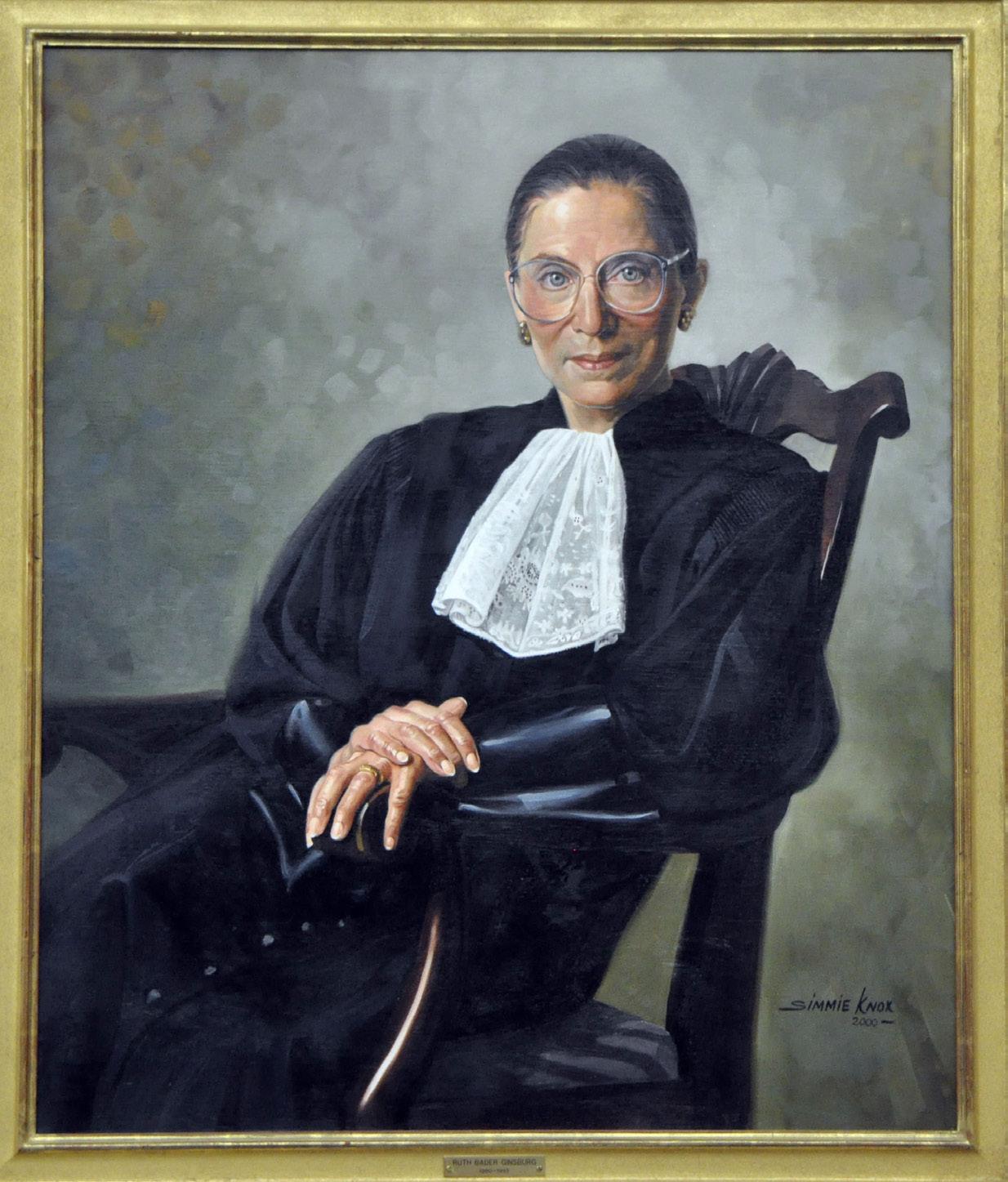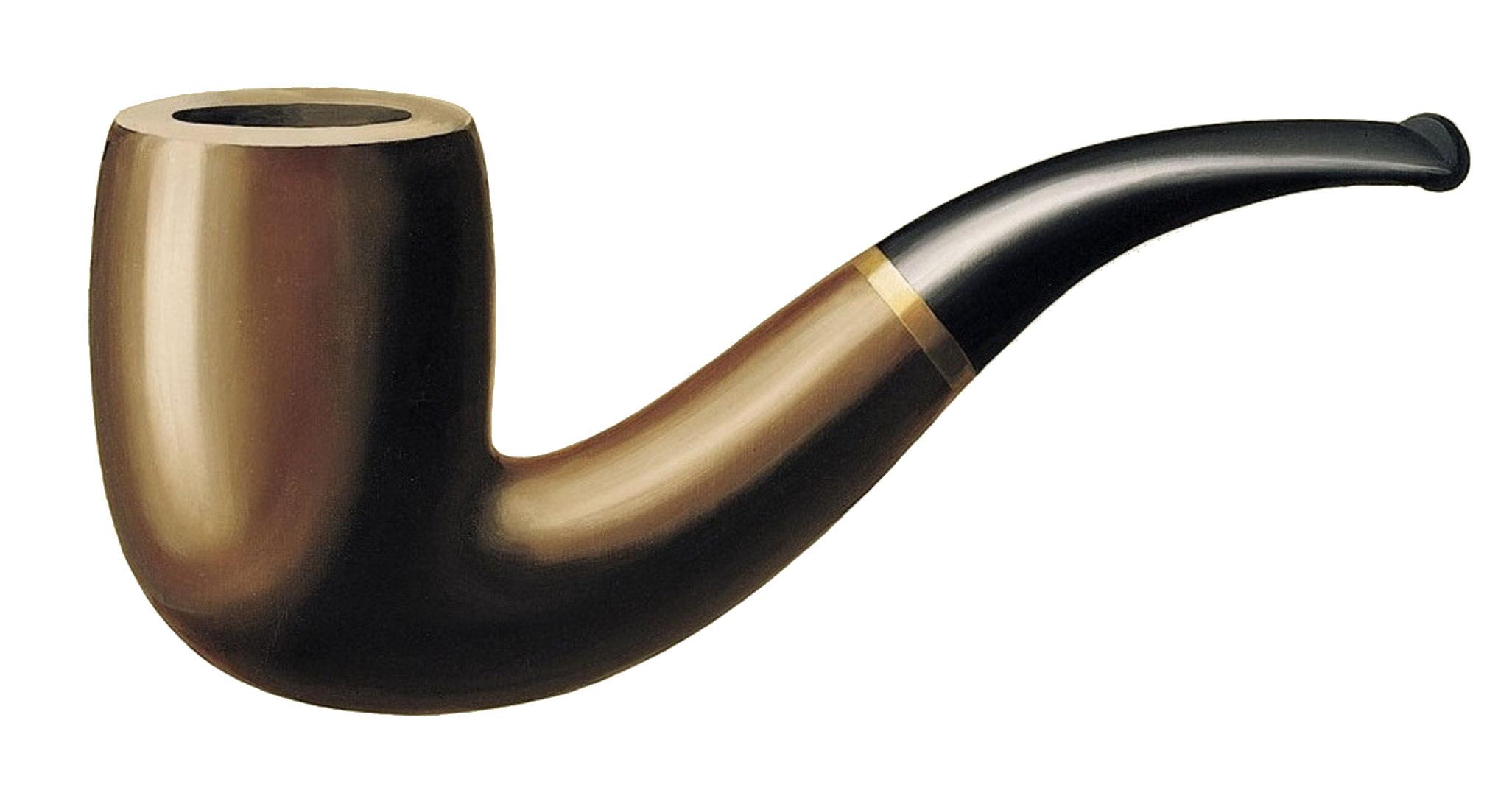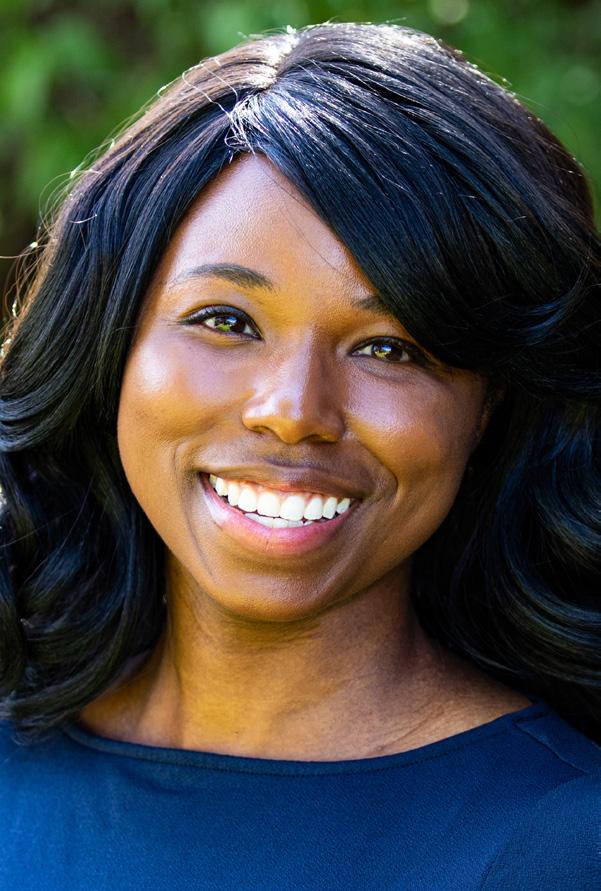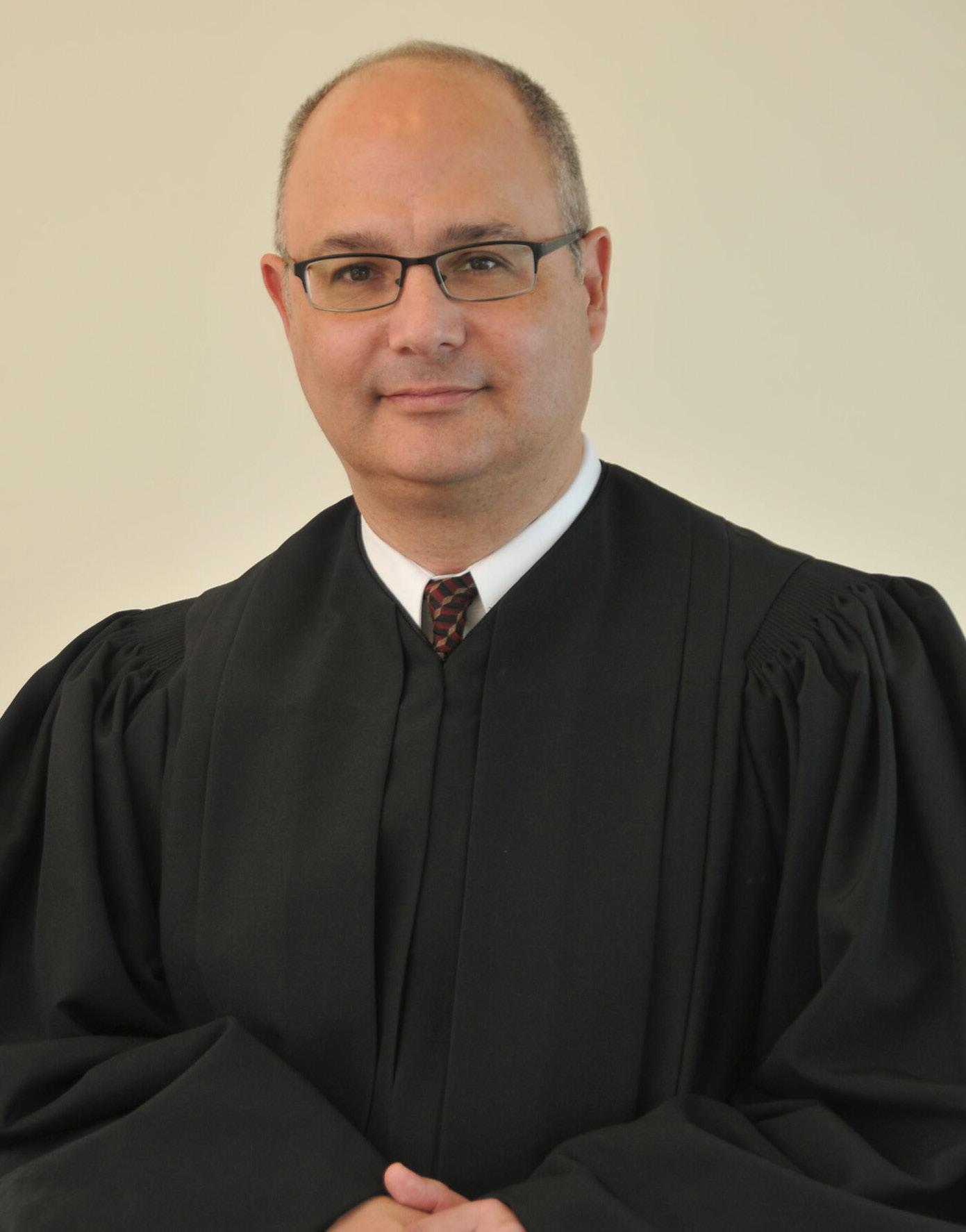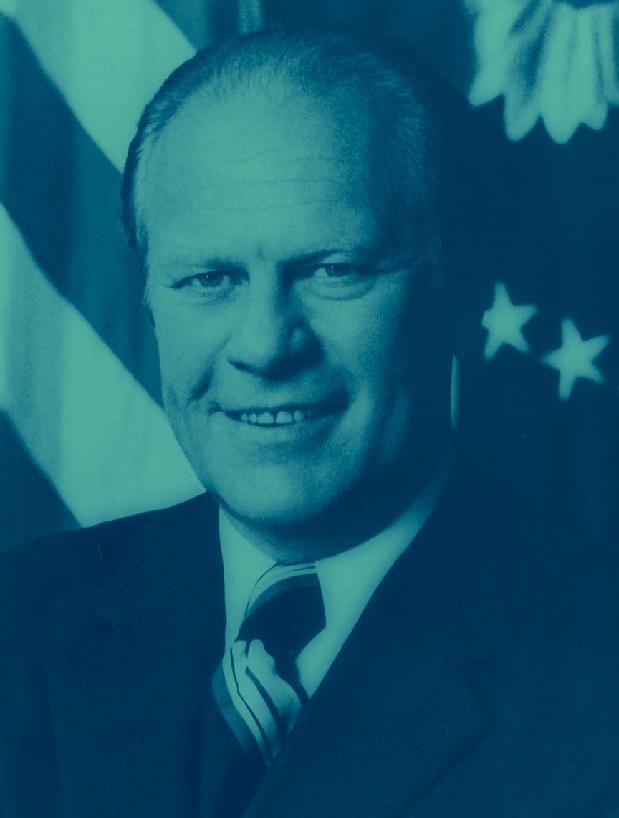
6 minute read
Pause. Breathe. Feel. Sing.
COLAP WELLBEING CORNER | BY ROBYN HACKER, PHD
How do you spend your daily 24 hours? Your 1440 minutes? If you charted your activities, would the time align with your values? Or, would you discover that somewhere along the way your priorities and values diverged?
Sometimes it takes a crisis to create change. Significant disruptions to our lives allow us to examine where we have become derailed or veered from our true priorities and values and acknowledge that our lives have become a blur of perpetual motion. We race from task to task, anxious and feeling the pressures to be perfect, often exclusively attending to the needs of others at the expense of our own mental and physical health. We can literally forget to breathe as we race through our days, exacerbating our stress and making things worse.
As we have been made acutely aware in the past few months, the most crucial survival function for a human being in the moment is respiration. And yet, ironically, we do not usually focus on breathing. It may arrive in our conscious awareness when we are unable to catch our breath while climbing a mountain or have a nearmiss merging onto the freeway. It certainly catches our attention during a pandemic caused by a respiratory-related virus. Even when we are aware, we do not observe the intricate processes involved in allowing our bodies to breathe. We certainly do not appreciate the power of this physiological wonder. According to Dr. Zaccaro and others in a 2018 article in Frontiers in Human Neuroscience, deep breaths can change our parasympathetic nervous system — the system that helps us calm and restore the body — and the way our central nervous system functions,which affects all other systems. Instead, we find ourselves entranced in surviving our dayto-day: wake up, work, family, friends, exercise, eat healthy, volunteer, sleep, and repeat. We take on more tasks than the minutes in the day allow, get lost in our daily routines and responsibilities,
and we lose sight of what fuels us. We forget to pause. To breathe. Thus, we do not give ourselves time to heal.
The constant rush of adrenaline produced during the stress response also keeps us from feeling. This could be related to the real reason we halt our own breath — to avoid the discomfort that might fill the pause. When we are exposed to horrific news or witness something terrifying, we gasp and hold our breath. We do the same when we worry or have anxious thoughts. Deconstructing our emotions can feel intolerable.
However, when we operate like a perpetual motion machine, sometimes for years, our brain and body will eventually protest. Our physical and mental health requires a collaboration between our mind, body, and emotions. These are all branches of the nervous system and when one hijacks the others we experience mental and physical dis-ease. Some of us will experience mental health issues, some will turn to substances for relief, and some will experience physical manifestations like insomnia, gastrointestinal problems, chronic pain, heart disease, and obesity.
We can improve collaboration between our cognitions, emotional health, and physical health through practice. The simple practice of identifying and labeling emotions makes them more manageable, even those that feel most intolerable on our worst days. It increases our acceptance of whatever is present for us in the moment and makes it less intense, according to a 2006 paper by Dr.Frattaroli in the Psychological Bulletin. We cannot selectively numb our unpleasant emotions; doing so prevents us from fully feeling the good in life.
So, pause. Breathe. Feel.
What emotions are with you right here in this moment? Where do you feel them in your body right now?
Pause. Breathe. Feel.
For me, it wasn’t the 10-year grind of higher education and training at top institutions to become a psychologist where I learned these lessons. Much like the legal community, the competition, perfectionism, and pressures of my profession reinforced the perpetual motion machine lifestyle as I attempted to juggle academic, professional, and
personal obligations. Yet I continued to push because that is what was expected. We must always be at our best. To pause would be weakness … or that is what we tell ourselves. Once I had accomplished my goals, however, I found myself unsure of what to do next. I had lost myself in this hustle so I carved out time to slow down and make time for hobbies old (singing) and new (hiking).
Historically, singing allowed me to be a character, to express the emotions of the artist while masking my own, much like we are taught to do in our professional lives. As I have been relearning to sing, I am learning to be more vulnerable, to feel my emotions, and to breathe. Without the ability to sustain my breath, I cannot hold the notes. And, without feeling the emotions in the lyrics, I cannot truly relay the story. It has been shocking to learn that my perfectionistic tendencies disrupt this process rather than help it. I am learning to allow myself to let go of the insecurity in this space, the frustration of not being better, and the desire to do it right. I am learning to enjoy the discomfort and uncertainty of growth. And, it is really hard. I spend much of my practice learning to breathe and to feel. Singing is much less about singing than I ever imagined.
Surprisingly, this artsy pursuit has improved the athlete in me as I explore the Colorado outdoors. In the most challenging moments on the trails, I recall the breathing exercises I have learned in music. This allows me to go higher, farther, and faster. I have come to appreciate the emotional and psychological elements of physical activity, and I can cover even more ground and achieve more when I simply pause to take in the views, breathe mindfully in the thin mountain air, and respect what I feel.
So, I invite you to pause, breathe, and feel. You too might be surprised by what you will discover when you get to know yourself. After all, it is only through practice that we grow — growth in learning to pause, breathe, and feel can truly happen anywhere. Pause now!
Breathe. For a moment, draw your attention to your breath and explore everything about it. Feel the air come in through your nostrils. Notice the temperature. Feel the sensations as the air travels from your nose ... down into your lungs ... into your diaphragm. Feel your ribs and abdomen expand. Pause. Hold the air here for a moment ... and exhale. Feel the air exit your nostrils. Notice your lungs and abdomen collapse. Now bring your attention to your emotional experience. What emotions are here, right now? Label it. Repeat.
ROBYN HACKER is a licensed psychologist, budding musician, and new trail runner. She received her PhD in counseling psychology from Arizona State University and completed her pre- and post-doctoral fellowships at Yale University School of Medicine.
SARAH MYERS, executive director of the Colorado Lawyer Assistance Program, is the coordinating editor of this wellness series. Contact COLAP for free and confidential assistance at 303-986-3345 and info@coloradolap.org.


